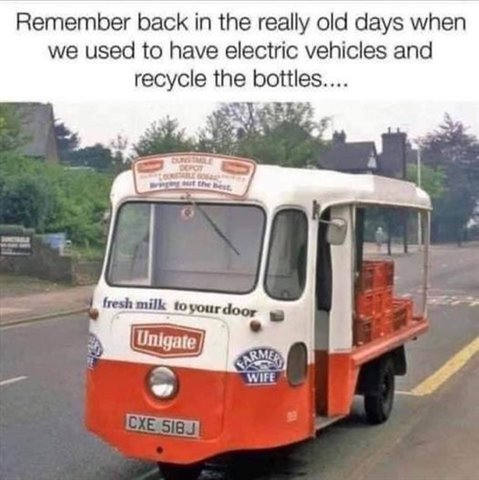Our governments are trying hard and spending large amounts of taxpayers money to promote electric vehicles but the uptake is nowhere near what is wanted. They are now looking at penalties to reduce the sale of ICE vehicles and force the purchase of EVs.
Will this really work? The current result will be more imports of EVs from China which will increase the vehicles pollution footprint both by the coal used to supply the energy for manufacture and shipping half way round the world.
What is the real goal? Artificially increasing the rate of EV take up greatly increases the short term emissions. There probably is a reasonable payback on a high/very high milage vehicle. For others there may not be a payback. I chose to buy a new small petrol car. In the first year it did 6000 miles, enough to justify it’s existence, but if I had gone for an EV it probably wouldn’t pay back in my remaining driving years.
Is the goal of replacing IC engines with electric motor realistic in view of the resources required? How far does it go, cars, commercial vehicles, agricultural machines, construction machinery, aircraft, ships? There are most definitely excellent niches for EVs, especially now the range (both choice and distance) and quality are improving and there has been a significant build up in charging infrastructure. I see quite a few electric commercial vehicles during my 15 minute walk home, generally on local area deliveries although the Swiss Post seems to be trialing a longer range articulated version. I am also happy when they use the EV for the early morning deliveries at the local supermarkets.
What does the panel think? Will there be a wide rollout or will EVs remain a niche product?
